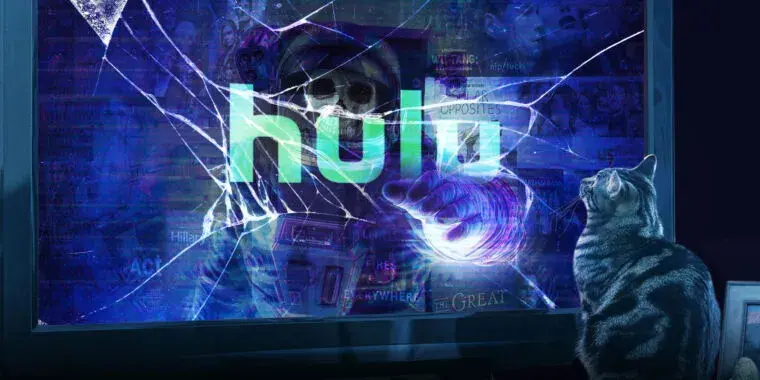For a moment, it seemed like the streaming apps were the things that could save us from the hegemony of cable TV—a system where you had to pay for a ton of stuff you didn’t want to watch so you could see the handful of things you were actually interested in.
Archived version: https://archive.ph/K4EIh

I feel more like the different streaming companies tried to copy Netflix rather than realize they should have copied HBO Max instead.
Don’t try to make a ton of content to justify $20 a month, but target a more focused media library that would cost $6 a month but you can charge $10 a month.
This is the best summary I could come up with:
Discovery’s David Zaslav have also indicated that their services were initially priced “too low” in an effort to draw a huge and unendingly expanding subscriber base.
In the early-to-mid 2010s, a subscription to Netflix and Hulu and your friend’s borrowed HBO password could get you access to the vast majority of all the TV that was worth watching.
Netflix had a huge archive of older shows plus a slowly growing library of its buzzy releases like Orange Is the New Black, Jessica Jones, and Stranger Things.
Not content to let Netflix have what looked like a lucrative new market all to itself the companies that made and distributed TV decided one by one as the decade wore on that it was time to create their own apps and generate their own subscription revenue.
Tech companies also decided to jump in, with Amazon Prime Video pushing into expensive scripted dramas and Apple TV+ becoming relevant by dint of throwing untold gobs of money at all kinds of projects.
Netflix announced its first subscriber loss in a decade in early 2022, cratering its stock; despite some recovery, it’s still only worth about two-thirds what it was at its peak in late 2021.
I’m a bot and I’m open source!

This line stands out to me:
TV seems to be settling into something that’s not all that different from the cable era we left behind. Except it’s even less hospitable for the artists actually making TV.
I don’t think the writer intended this, but it sounds like it’s setting up the consumers vs. the artists divide. Like, we should have been thankful for what we had and the executives and shareholders, lacking any agency themselves, are now forced to pay less to artists because consumers don’t want to pay for content. No one wants to work and no one wants to pay for anything, or so they say. And, yet, the multi-billion dollar industries keep on keeping on.

And, yet, the multi-billion dollar industries keep on keeping on.
And as more people refuse to pay and pirate, studios enlist copyright trolls to chase down piracy as an avenue of compensation. That is until a new game-changing service that disrupts the industry (the way Netflix first did by offering a single solution at a reasonable price), followed by copycat services fragmenting access to media at price increases, and the cycle repeats.
Such is the disgusting routine cycle of capitalism and greed.

Stop spamming this. We don’t need it to be in our feeds 20 times.

